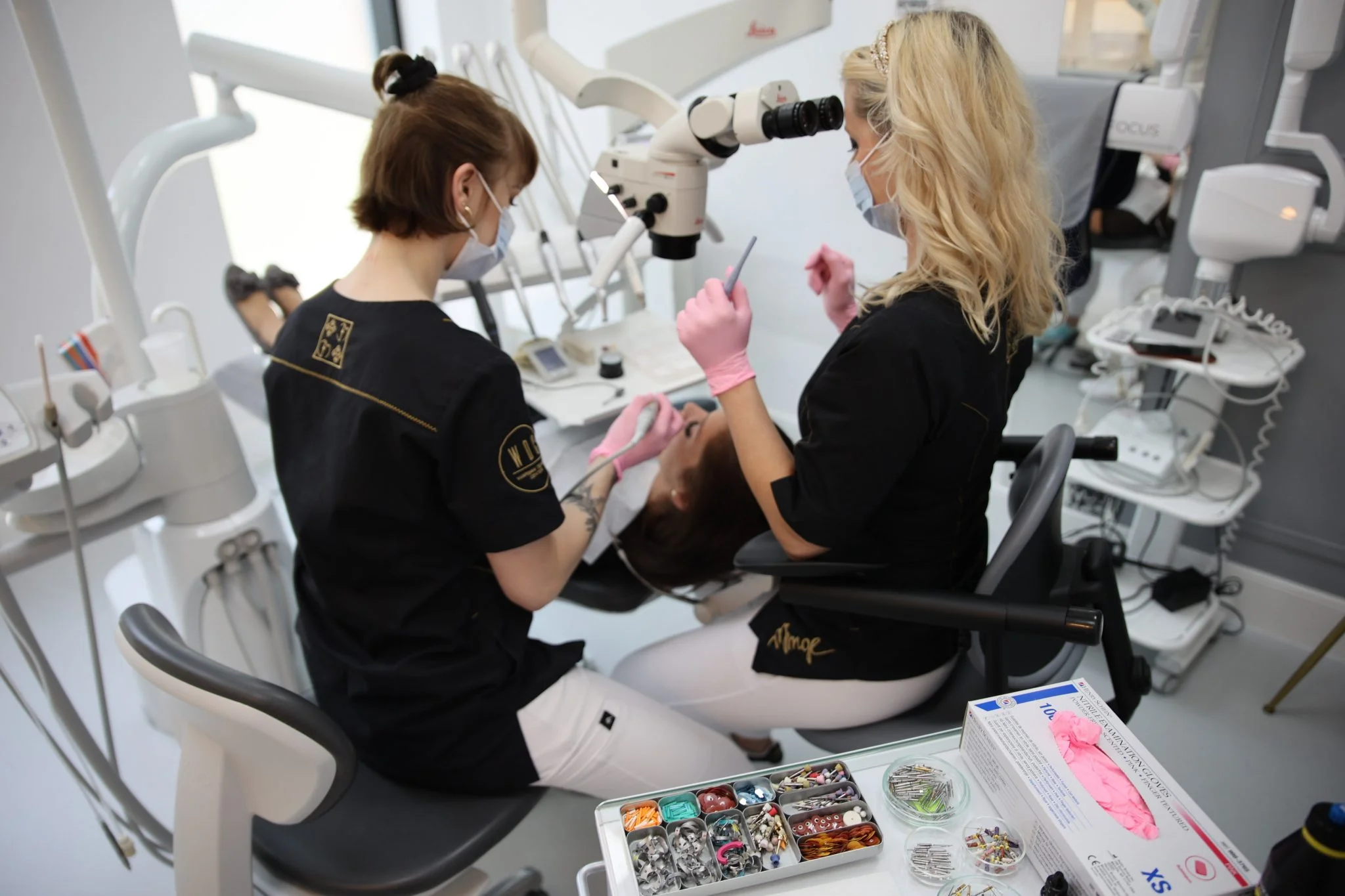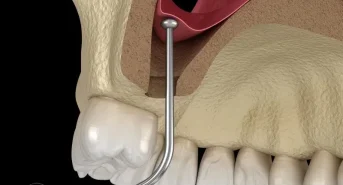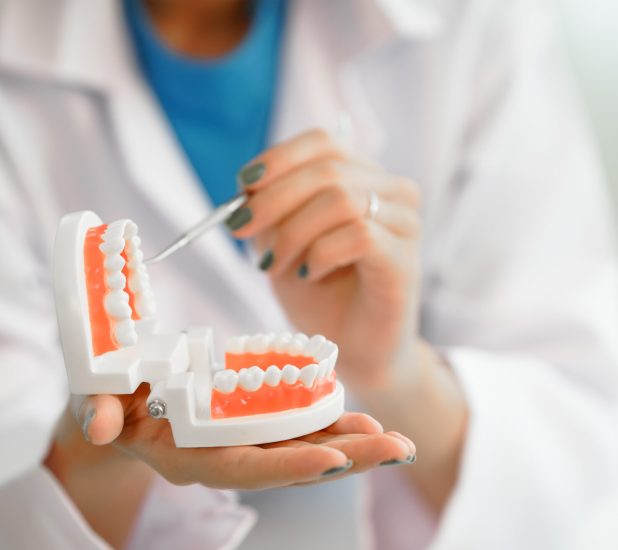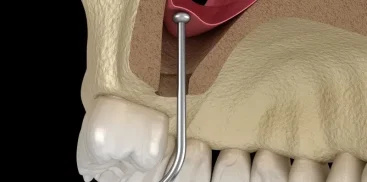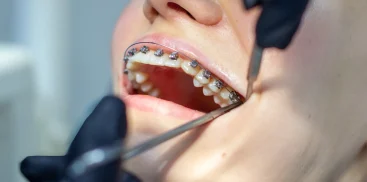Does eating cold, hot, sour or sweet foods cause an unpleasant sensation in your teeth?
Excruciating, irregular toothache can disrupt your daily life.
It is therefore worth taking action against it – the issue of hypersensitivity can be treated not only at the dentist, but also prevented in everyday life.
Tooth hypersensitivity results from the intense reaction of the dentin nerve endings to various types of stimuli, such as cold, heat or various tastes – sweet or sour.
Many factors can lead to this problem, including genetic predisposition, gum disease or excessive whitening treatments that damage the enamel.
The problem can occur at any age, but most often affects people aged 20 to 50.
Symptoms of hypersensitivity include:
- intense toothache after eating cold/hot, sour/sweet foods;
- pain of variable intensity – which may appear and disappear (unlike e.g. tooth decay, which causes constant, throbbing pain that intensifies when biting).
The causes of hypersensitivity may be malocclusion, teeth grinding, nail biting and, above all, inappropriate tooth brushing technique.
Aggressive tooth brushing with a toothbrush that is too stiff may damage the enamel and expose the dentinal tubules, which increases the risk of hypersensitivity.
Poor oral hygiene can lead to gum disease, which in turn can contribute to sensitivity.
It is also important to monitor your diet – limit the consumption of carbonated drinks and juices that contain acids that destroy enamel.
If you want to prevent hypersensitivity, it is worth making a few changes to your daily dental care.
You should use proper brushing technique and use toothpaste with fluoride and mineral salts that close the dentinal tubules.
It is also best to consult a dentist who will carefully assess the problem and propose appropriate treatment.
Regular check-ups at the dentist help reduce the risk of hypersensitivity.
